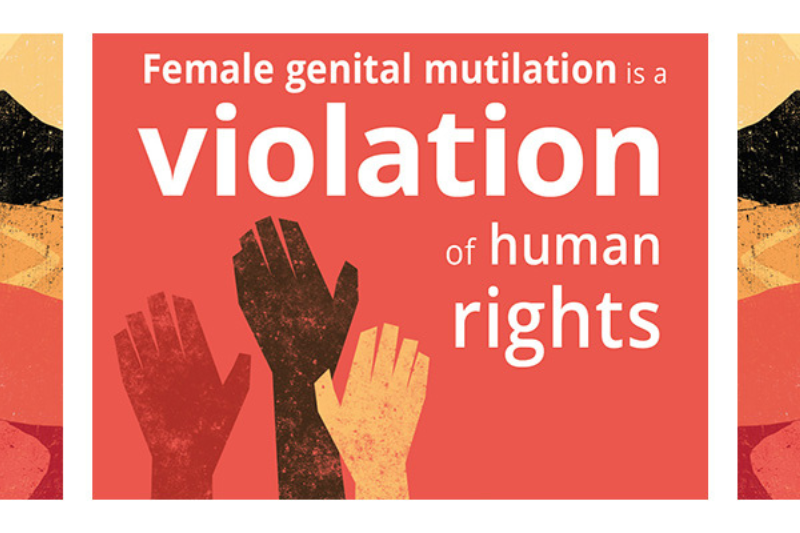
fgm female genital mutilation a serious human rights violation
Ulla Mueller, the UNFPA’s country representative in Nigeria, has called for an end to female genital cutting (FGM), describing it as a violation of human rights.
She told reporters in Abuja on Sunday that many communities, particularly in the South-East, South-South, and South-West, had engaged in the practice.
FGM, in her words, “violates the human right to choice of girls and women; it can affect the vision and dreams for a better future.”
Around 200 million women and girls are thought to have undergone some type of female genital mutilation worldwide. Between 2015 and 2030, 68 million girls worldwide are predicted to be at risk of being mutilated, according to UNFPA.
Keep Reading
More about ‘FGM’- a severe human rights violation-
According to the United Nations Population Fund (UNFPA), female genital mutilation (FGM) constitutes a severe violation of human rights.
FGM is the term used to describe any injury to the female genital organs, including the partial or complete removal of external female genitalia. This harmful practice, which has millions of victims worldwide, is ingrained in cultural traditions and beliefs. FGM has severe psychological, physical, and sexual repercussions that include lifelong pain, infections, labor complications, and even death. It displays discrimination against women, gender inequality, and a breach of a person’s right to bodily integrity, health, and freedom from violence. The UNFPA is working tirelessly to put an end to FGM by advancing legislation, increasing awareness, empowering communities, and offering support to survivors, in addition to other organizations and advocates. To ensure a world free from this harmful practice and to uphold the fundamental human rights of women and girls, the eradication of FGM necessitates group efforts, education, and empowerment of these groups.









